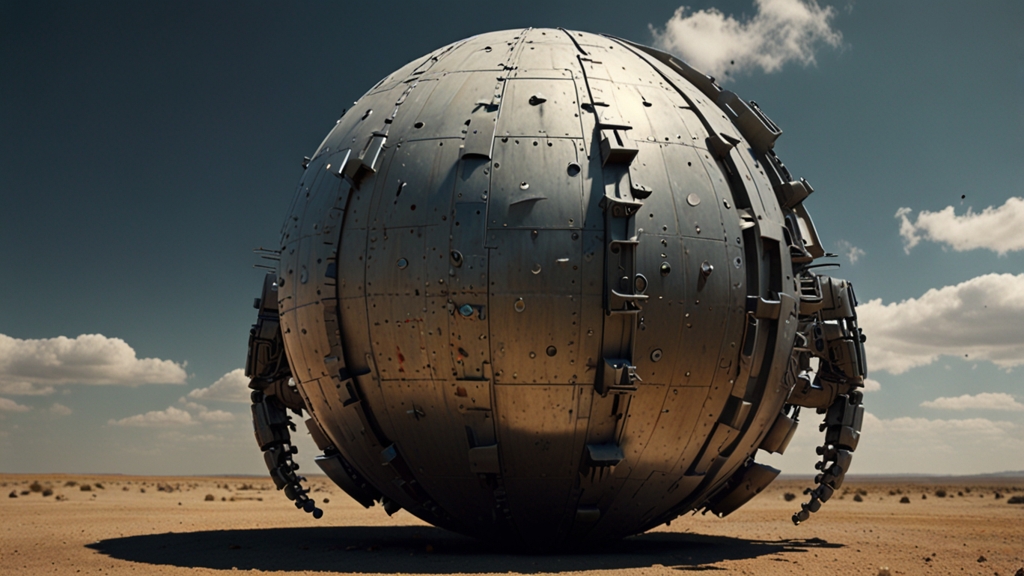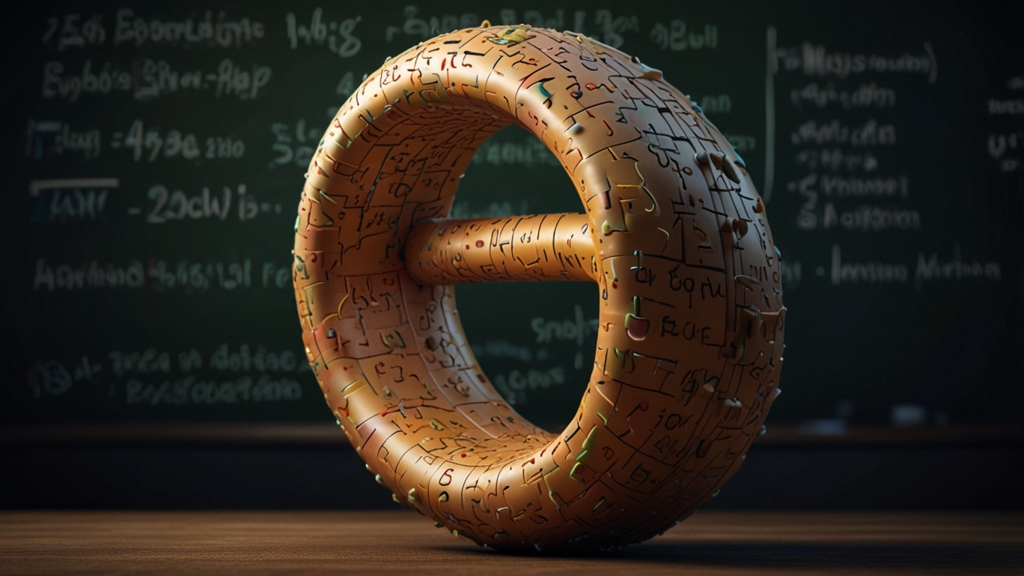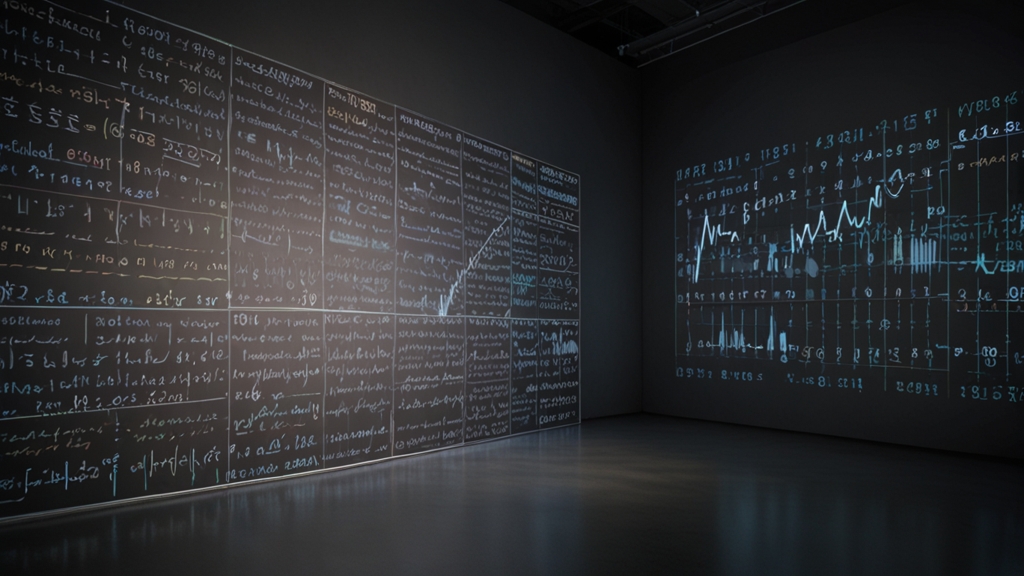10 Logical Paradoxes That Will Blow Your Mind
Logical paradoxes are statements or problems that defy our intuition and challenge our understanding of logic and reason. They may seem simple at first glance, but upon deeper examination, these paradoxes reveal intriguing complexities that can leave us baffled. Here are ten logical paradoxes that will undoubtedly blow your mind:
1. The Liar Paradox
The Liar Paradox is one of the most famous logical paradoxes. It simply states:
"This statement is false."
If the statement is true, then it is false, as it claims. However, if it is false, then it must be true. This self-referential paradox creates an endless loop of contradictions.
2. The Ship of Theseus
The Ship of Theseus explores the nature of identity and change. Imagine a ship that over time has all its parts replaced, one by one. The question is: Is it still the same ship? If not, at what point did it cease to be the original ship? This paradox challenges our understanding of what constitutes identity over time.
3. Zeno's Paradoxes
Zeno of Elea created several paradoxes, with the most famous being Achilles and the Tortoise. In this paradox, Achilles races a tortoise that has a head start. Each time Achilles reaches the point where the tortoise was, the tortoise has moved a little further. According to Zeno, Achilles can never overtake the tortoise, despite moving faster. This paradox challenges our understanding of motion and infinity.
4. The Barber Paradox
The Barber Paradox, formulated by Bertrand Russell, presents a scenario in a village where a barber shaves all those who do not shave themselves, but does not shave those who do. The paradox arises when we ask: who shaves the barber?
"If the barber shaves himself, he must not; if he does not shave himself, he must."
This self-referential paradox questions the consistency of defining sets and their elements.
5. The Paradox of the Unexpected Hanging
A judge tells a prisoner that he will be hanged at noon on one weekday in the following week but that the execution will be a surprise to the prisoner. The prisoner deduces that he cannot be hanged on Friday, because then he would expect it on Thursday night. This backward reasoning eliminates all days, leading to surprise when the hanging actually occurs. This paradox illustrates complexities in expectations and prediction.
6. The Paradox of the Ravens
Also known as Hempel's Paradox, it explores the nature of scientific confirmation. Suppose we want to confirm the hypothesis that all ravens are black. Observing a black raven seems to support this. However, seeing a green apple also confirms it, because by the contrapositive, it shows that non-black things (like apples) are not ravens. This paradox challenges our understanding of evidence and confirmation in science.
7. The Sorites Paradox
The Sorites Paradox, or the paradox of the heap, questions when a collection of small things becomes a heap. If you remove a single grain of sand from a heap, it remains a heap. However, removing grains one by one eventually leaves no heap. This paradox challenges our understanding of vague concepts in language and logic.
8. The Twin Paradox
The Twin Paradox arises in the context of Einstein's theory of relativity. It posits that if one twin travels at near-light speeds into space and then returns, they will be younger than the twin who stayed on Earth. This paradox highlights the counterintuitive nature of time dilation in relativity.
9. The Grandfather Paradox
The Grandfather Paradox is a classic time travel paradox. Suppose you travel back in time and accidentally prevent your grandfather from meeting your grandmother. Consequently, you would never be born, making it impossible for you to travel back in time in the first place. This paradox questions the consistency and feasibility of time travel.
10. The Paradox of the Arrow
Another paradox from Zeno, the Paradox of the Arrow posits that for an arrow in flight to move, it must change the position it occupies. However, at any single instant in time, it is stationary in its position. Summing these instants implies continuous stillness, contradicting the concept of motion. This paradox challenges our understanding of movement and the nature of time.
These ten paradoxes are just a glimpse into the perplexing world of logical puzzles. By challenging our fundamental notions of truth, identity, motion, and time, they offer valuable insights into the limits of human knowledge and the complexities of the universe.
Explore these paradoxes further, and let your mind be blown by the profound questions they raise.









